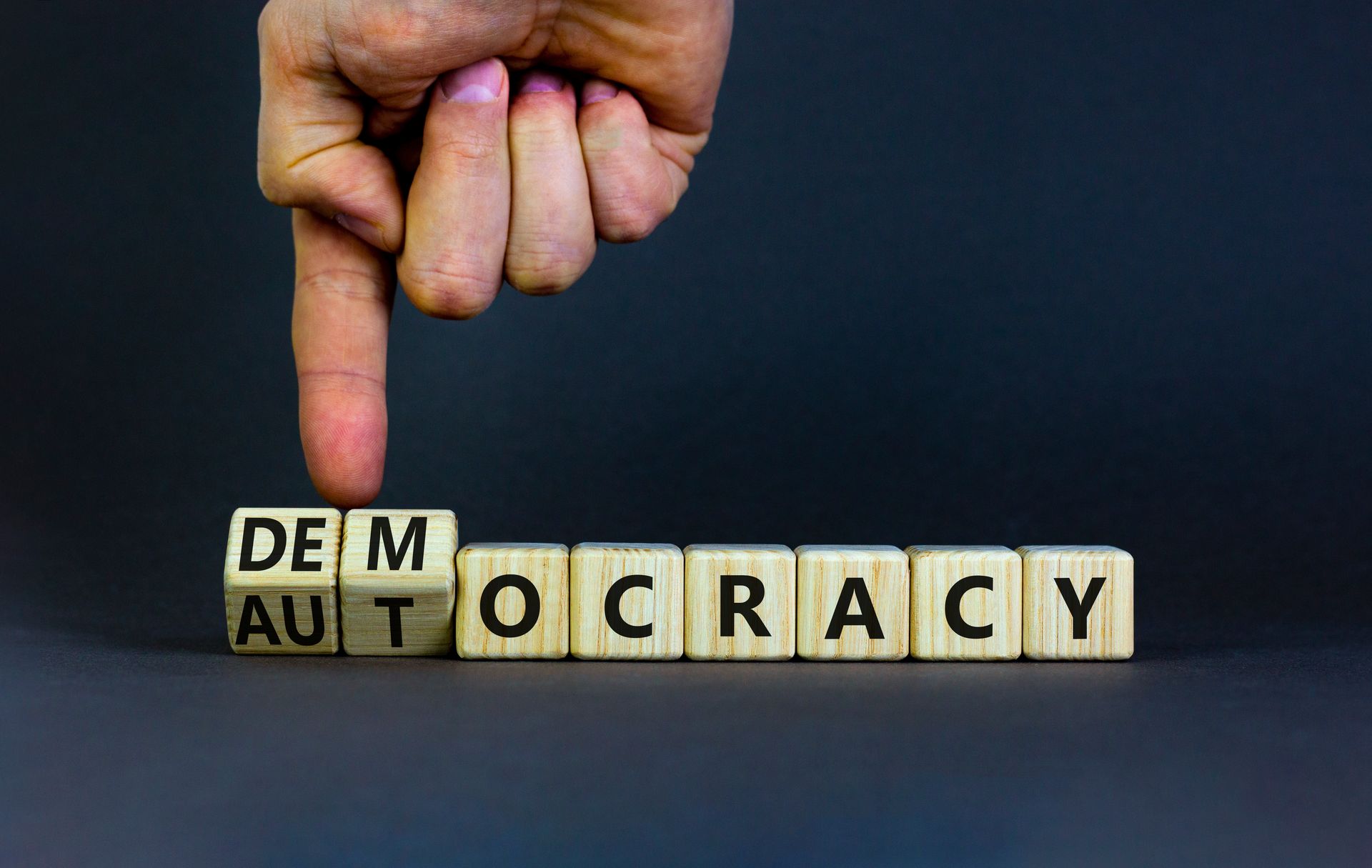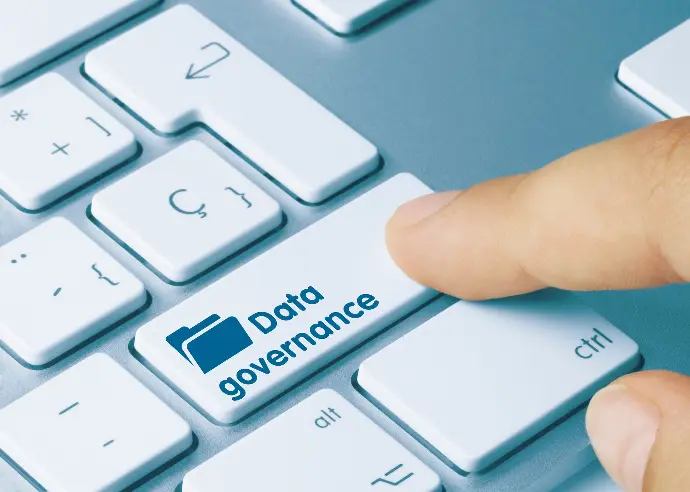My Research
My research in Information Systems promotes enterprise-wide value creation from data by developing theories about how to expand data practices within a growing data-enabled workforce.

Data Democratization
Ever wondered about the concept of data democracy? Companies have made becoming data-driven a goal. Yet many are still struggling to create value from their data. Data democratization transcends mere accessibility for a few; it entails a shift towards an inclusive culture where every employee feels empowered to use data in practice. My research investigates how to develop data practices beyond data experts.
IS literature conceptualizes data democratization as a capability but predominantly emphasizes isolated aspects, primarily focusing on extending data access to non-specialists (e.g., training programs, platforms, access rights). Existing research lacks a broader perspective on how data practices are developed and integrated into the work routines of an expanding group of employees

Data Governance
Data governance provides the cross-functional framework for managing data as a strategic enterprise asset, encompassing structural mechanisms (e.g., roles and responsibilities), procedural mechanisms (e.g., processes, policies), and relational mechanisms (e.g., communication, trainings). Pioneering the extension of systems thinking to data governance, my research explores how data governance unfolds in compelex organizational structures to balance control and data-driven innovation.
Data governance has been mainly studied as a control function, overemphasising data protection, incompatible with the growth of data practice in organizations. Moreover, research has overlooked the dynamic nature of data governance, which is crucial for maintaining data’s strategic purpose amid fast-paced disruptions such as changing regulatory landscapes and technological advancements (e.g., AI use cases, EU AI Act).Therefore, I study how data governance unfolds at the interplay between data strategy and data operations to coordinate data practices.